Politics4Future
"Pol.BNE: Politics4Future: Youth teacher engagement on SDG 4.7 - Building political agency in youth teacher trainees for global citizenship learning, sustainability and social transformation."
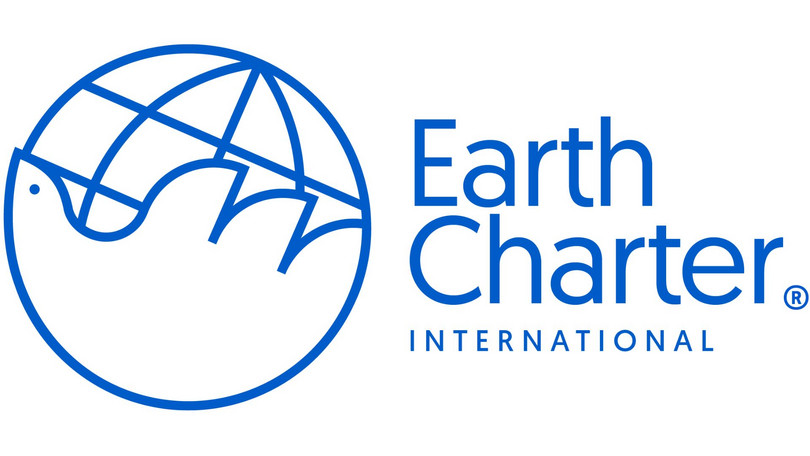 ©Earth Charter International
©Earth Charter International
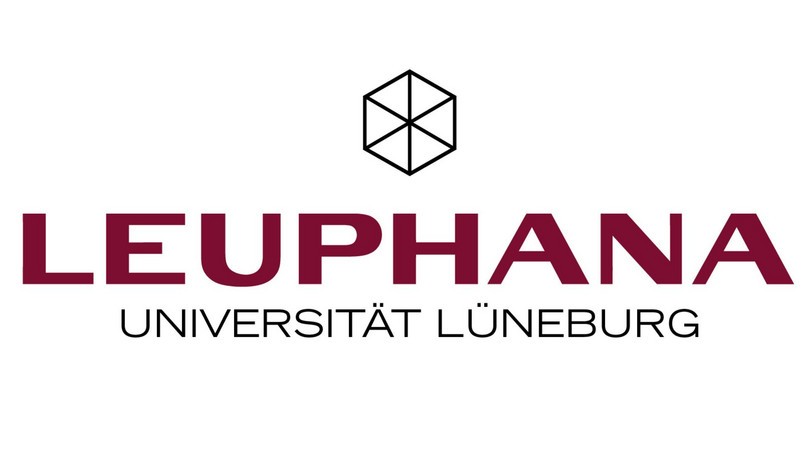 ©Leuphana Universität Lüneburg
©Leuphana Universität Lüneburg
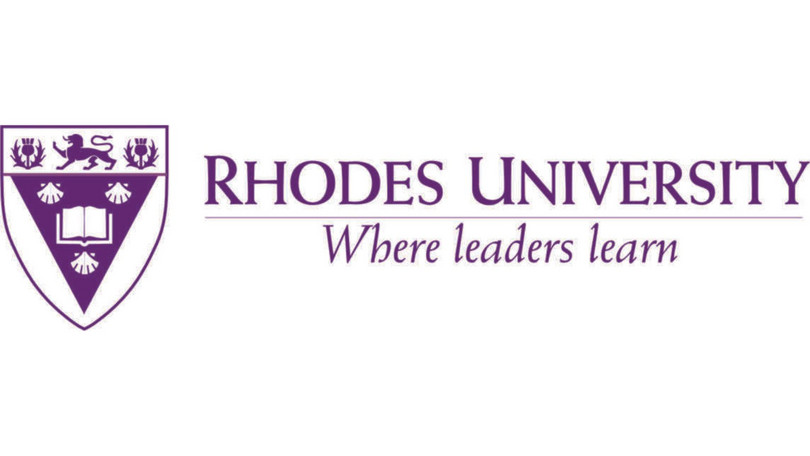 ©Rhodes University
©Rhodes University
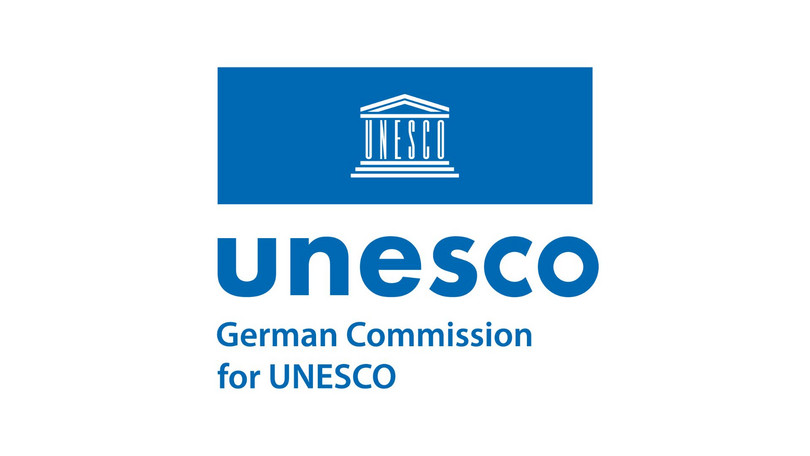 ©UNESCO Germany
©UNESCO Germany
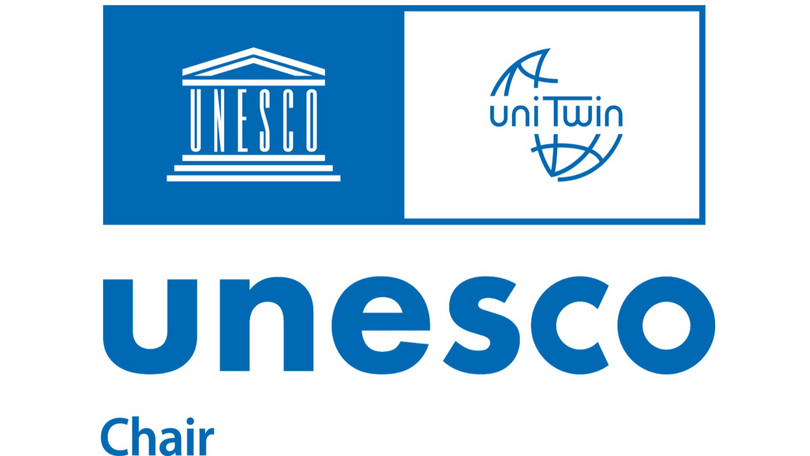 ©UNESCO Unitwin
©UNESCO Unitwin
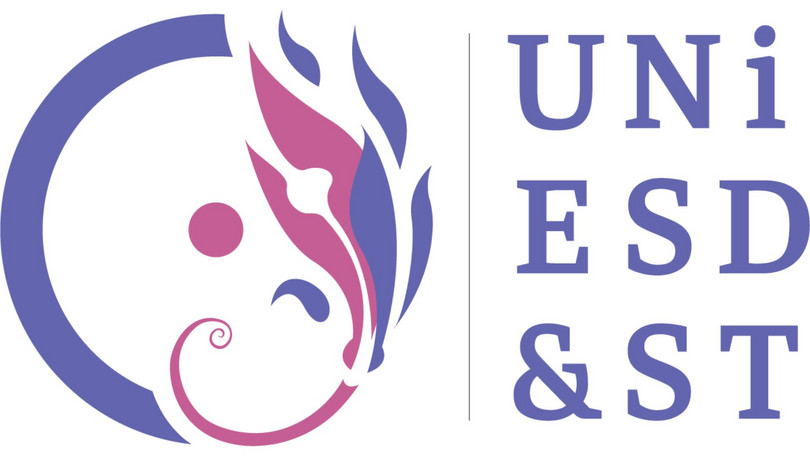 ©ISDL Leuphana
©ISDL Leuphana
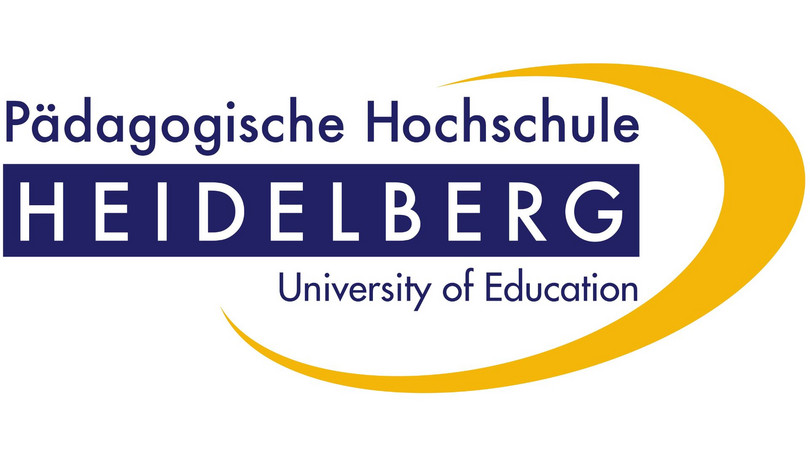 ©Pädagogische Hochschule Heidelberg Logo
©Pädagogische Hochschule Heidelberg Logo
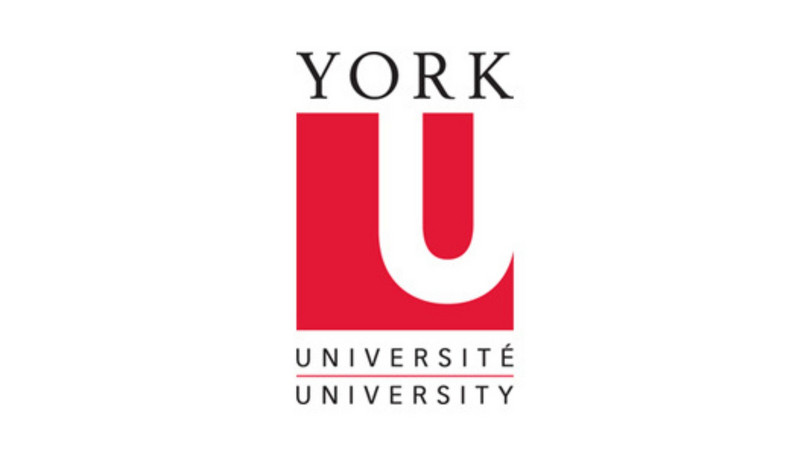 ©University of York
©University of York
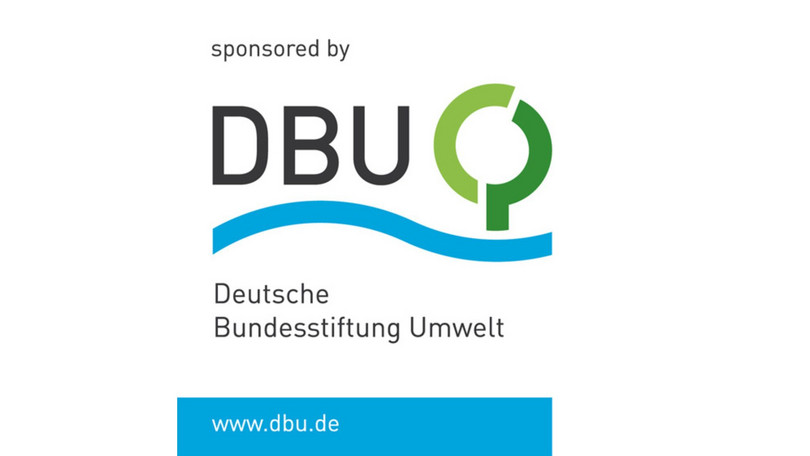 ©Deutsche Bundesstiftung Umwelt
©Deutsche Bundesstiftung Umwelt
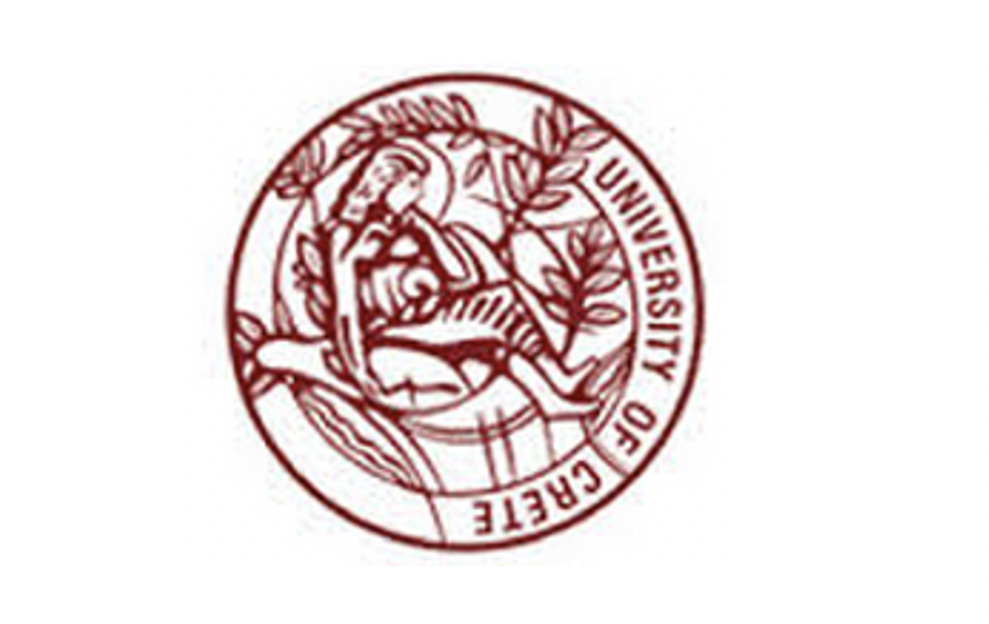 ©University of Crete
©University of Crete
What is Politics4Future?
The Politics4Future is a project aimed at pre-service teachers towards achieving Sustainable Development Goal (SDG) Target 4.7 (ensure that all learners acquire the knowledge and skills needed to promote sustainable development). It is an intercultural hybrid teacher education curriculum developed by the new UNESCO Chairs project partners.
Deutsche Bundesstiftung Umwelt (DBU)-The German Federal Environmental Foundation supports this two-year-old duration project. It aims to build the skills and competencies of youth enrolled as teacher trainees on SDG 4.7 through political education, global citizenship, and sustainability learning curriculum, which will be offered in the partner universities' regular academic /semester programmes.
Politics4Future is implemented as part of existing cooperation between the partners under the newly launched UNESCO Chair network on Education for Sustainable Development and Social Transformation.
The project is advised by a youth group comprising members from the Junges Forum of the German National Commission of UNESCO and those nominated by project partners.
Vision
The project seeks to promote a school education system that puts more emphasis on sustainability competencies. Hence, teacher trainees from different universities and backgrounds will learn about Political Education, Global Citizenship Education (GCED), and Education for Sustainable Development(ESD) in an international, intercultural set curriculum. The project's vision is to create an open, intercultural, and interdisciplinary learning environment for teacher trainees to develop sustainability competencies for a stronger education system in the future.
Politics4Future Curriculum
The curriculum contemplates the interweaving of political education within the landscapes of youth teacher engagement on Sustainable Development Goal Target 4.7. which has a main focus on Education for Sustainable Development and Global Citizenship Education as a focus priority area for all learners. Since the role of teachers is instrumental in empowering learners develop the knowledge, skills, values, and behavior towards addressing global challenges and creation of a more just, peaceful and sustainable world (UNESCO 2022), this project seeks to support the teacher trainees to be agents of this transformative change through knowledge gained via participation in the course.
Key learning Objectives
Upon the successful completion of the P4F curriculum, the participants would:
- Develop a shared understanding of key concepts of GCED, ESD and political education and their interconnections
- Foster awareness of individual and collective world views regarding global citizenship, sustainability, and political engagement
- Develop abilities to implement key concepts of GCED, ESD and political education into teaching practices
- Enhance their capacities as agents for transformative change.
Curriculum topics
The P4F curriculum comprises topics on understanding Education for Sustainable Development, Global Citizenship Education, ethical frameworks, regenerative learning, educational approaches for political engagement , sustainability competencies to skills for transformation
Partners
Leuphana University as the lead of this consortium with vast experience in the field of teacher education. The team is led by Prof. Matthias Barth alongwith Politics4Future researcher Deepika Joon supported by a team of student researchers.
Rhodes University'sEnvironmental Learning Research Centre and SARChI Chair in Global Change and Social Learning Systems, which has been leading the integration of ESD into teacher education nationally and internationally in the SADC region and beyond on the African continent. The team at Rhodes include Prof. Heila Lotz-Sisitka, Dr Phemelo Helleman, Dr Injairu Kulundu and John Bhurekeni.
UNESCO Chair in Reorienting Education towards Sustainability at York University in Toronto, Canada, which works to address education in the context of Education for Sustainable Development. Prof. Charles Hopkins and Katrin Kohlare leading the project from York University.
UNESCO Chair on Education for Sustainable Development with the Earth Charter based at the Earth Charter Center for ESD and the University for Peace (Costa Rica), which has the goal of implementing educational programmes and research activities in the field of education for sustainable development, specifically on the intersection of sustainability, ethics and education. Dr Mirian Vilela and Dr Alicia Jimenez lead the project at EC Center for ESD.
The Heidelberg University of Education and its UNESCO Chair on Observation and Education of World Heritage and Biosphere Reserve is a competence center for educational research and teaching with a particular focus on training future teachers, ESD and sustainability. Prof. Alexander Siegmund, Vice President and colleague Max Spiegelberg and Nina Bottenberg represent the university in the project.
UNESCO Chair in Information and Communication Technologies (ICTs) in Education for Sustainable Developmentfrom the University of Crete, which has been leading and involved in several capacity-building projects funded by the European Commission which address all of the SDGs. The project is led by Regional Center of Expertise on Education for Sustainable Development (RCE Crete) hosted at the University of Crete. Prof. Vassilios Makrakis with special focus on ICT enabled ESD brings a unique strength to the consortium.
German UNESCO Commission, with its Junges Forum, is the application partner.
Youth Advisory members
The project is advised by youth members of the German UNESCO Commission
Yoke-Lee Roth, Member of Junges Forum of the German UNESCO Commission
Hannes Vogel, Member of Junges Forum of German UNESCO Commission
Laura Sauer, Member of Junges Forum of German UNESCO Commission
Lennart Schulze, Member of Junges Forum of German UNESCO Commission
Lisa Frank, Member of Junges Forum of German UNESCO Commission
Mamadou Bah, Member of Junges Forum of the German UNESCO Commission
Jule Kemper, Nominated by EC Center of Education, University for Peace
Valerie Knopker, Nominated by EC Center of Education, University for Peace
Jan Burke, Nominated by EC Center of Education, University for Peace
Franziska Benz, Nominated by EC Center of Education, University for Peace
Maxi Baumert, Leuphana University Lüneburg
Charline Rieffel, Leuphana University Lüneburg
Uno Tuvshinbayar, Leuphana University Lüneburg
Svenja Loos, Leuphana University Lüneburg
Implementing Team
Matthias Barth, Project Leader
Daniel Lang, holder of UNESCO Chair in Higher Education for Sustainable Development and director of ISDL, and Principal Investigator
Deepika Joon, Project Leader (Content development and External Communication)
Lina Bürgener, Project Coordination (Internal communication and coordination with DBU)
Uno Tuvshinbayar, Student Assistant and Youth Advisor
Svenja Loos, Student Assistant, and Youth Advisor
How to reach us?
- Deepika Joon
E-mail: pol4fut@leuphana.de
Social Media
Facebook: Institute for Sustainable Development and Learning
Twitter: @isdl_lg
Instagram: @isdl_lg
LinkedIn: Institute for Sustainable Development and Learning Leuphana University of Lüneburg
